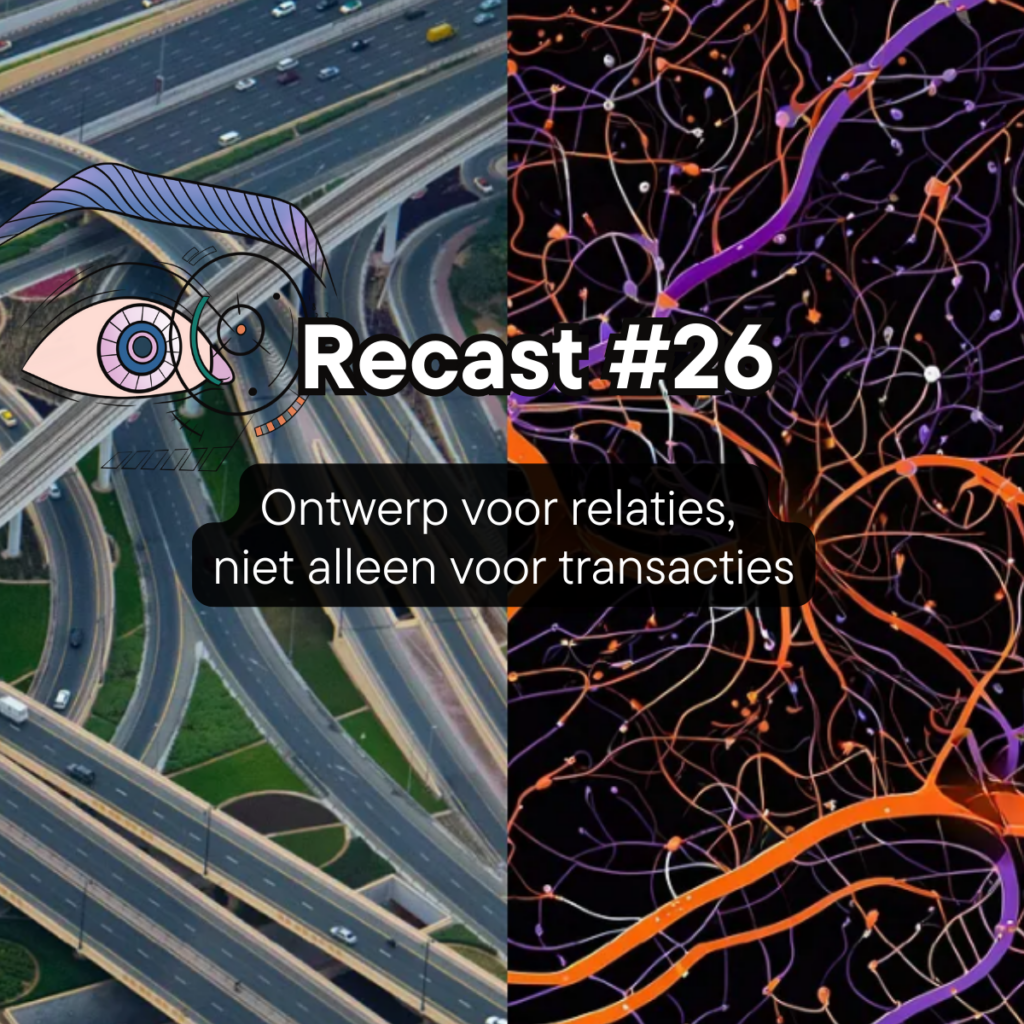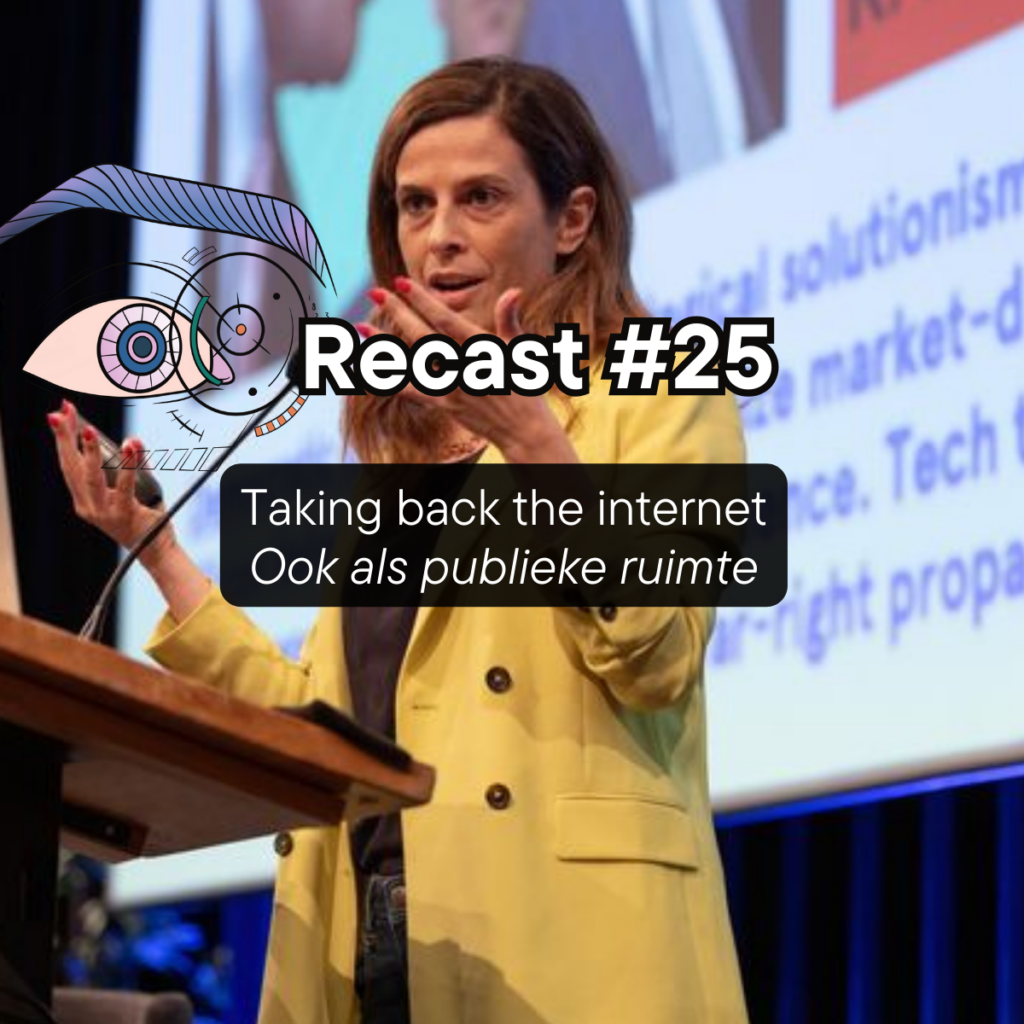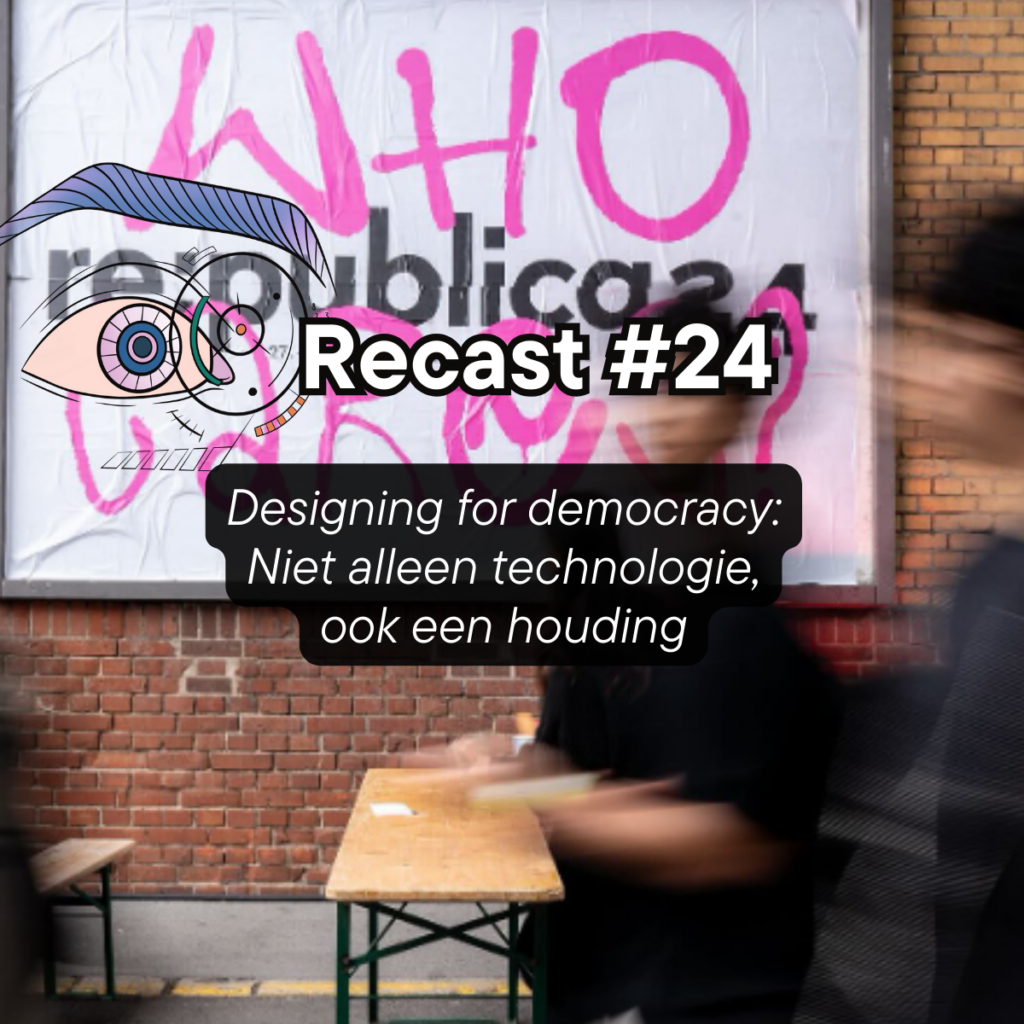Article
Becoming the professional of the future
What competencies do you need to develop to be relevant at the job market
A few weeks ago we had a MicDrop at the Digital Society School where we talked about the role of designers in developing artificial intelligence. Our amazing guest, Alvaro Soto, is an expert on the topic and he gave us great overview of the history and development of AI as well as some insights on the challenges we will be facing as the field was growing.
What struck me is what happened after his talk – the discussion. The conversation went on not about the technicalities of developing AI but around the ethical and social implications of it – what does it mean for the job market, for social responsibility and for education. What kind of professionals do we need to become with the potential of AI taking over even not so mundane tasks in the future?
In the conversation we got confirmation of the thoughts we’ve had at Digital Society School when we started developing it – we need professionals who are able to be creative, to reflect on the implications of their solutions on society, to have the interdisciplinary understanding to build new solutions that maximise the power of new technology to transform our communities.
These insights surfaced again in the sessions we had with designers at What Design Can Do and in the many conversations we had with industry partners, young professionals, academics and students. They all agree that essential characteristics of the most relevant digital professionals are to be focused on human needs, to should understand technologies in the context of other disciplines, to learn fast, prototype faster and explore possibilities together with multiple stakeholders and consider ethical implications of their solutions.
Based on all of this input, we have identified the six core profiles that the Digital Professional of the Future needs to take:
- HUMAN-CENTRED DESIGNER – We don’t mean graphic or product designer here. We mean transformation designer – someone who is able to bring in insights, different perspectives and innovation processes like Design thinking, to create new solutions that lead to transformation on systemic level. We will need more professionals who are able to draw on research, data and qualitative insights about specific context to design customised experiences and transformative processes that address social challenges.
- FUTURE-PROOF TECH TINKERER – Perhaps the most important characteristic of this profile is the attitude of exploring and playing with new technology while exploring its implications and impact. Their core skills are related to quick prototyping, envisioning the latest innovations and experimenting with various approaches. They are able to assess viability of new technologies and to critically reflect on the relationship between technology and society. They identify simplicity beyond complexity and reflect pains, emotions, needs and context in their solutions.
- INTERDISCIPLINARY SYSTEM THINKER – As you can see from the story we started with, our AI expert had to be able to discuss not only technical questions but also social, ethical, user-related and business questions related to AI. A digital professional of the future can serve as interdisciplinary interpreter – they are able to understand, translate and integrate social, technological and design challenges and solutions with each other. They have enough depth of knowledge in different disciplines to identify opportunities for collaboration, to make connection between them and to find creative solutions at the intersection between fields. They have sufficient knowledge about other fields, trends and key methodologies in order to integrate them effectively in their own work.
- CONNECTION AND CO-CREATION VIRTUOSO – Essential ability of these professionals is to work and communicate consistently, clearly, and transparently within a team. They are able to adapt their communication to a diversity of stakeholders and present their ideas in a variety of ways. They are able to inquire and listen for ideas and perspectives, learn and engage users and other stakeholders in co-creation and design processes.
- GROWTH-MINDED LEARNER – The digital professionals of the future need to be creative, always curious, empathic. They initiate and track their own development and progress. They believe that there is always a solution and it takes passion, trails, and persistence to find it. They are flexible, open to new ideas, approaches and alternatives. They are self aware and conscious not only about their own learning but they are able to support and engage others in collective learning. They are likely to challenge assumptions, inspire new ways of thinking and translate theory in practice, experience in insights and application across contexts.
- SOCIALLY RESPONSIBLE SENSE MAKER – Finally, the professionals of the future are the ones who will take ownership over the value-based judgements of what technology can do. They need to reflect on ethical, social, and environmental perspectives of the technological and design solutions that they create and implemente. They design solutions for people and society, respecting different cultures and context. They are sustainable clients of the future, they prioritize social issues and work with a sense of mission and purpose.
At the Digital Society School we create opportunities to develop these competencies and we aim to create opportunities to grow as Transformation designers on individual, team and network level. Each of our programs caters to development of a set of the skills mentioned above and we offer the opportunity to focus on them while working on real life challenges and combining them with peer-to-peer learning, community based learning, coaching, training and reflection.
We believe that facing new complex challenges and driving your own learning experience in an environment of other ambitious, skilled and diverse peers is the best way to develop those skills, so we are creating the space to connect with our growing community, academics, industry and a variety of other stakeholders to build those skills.
Check out our programs here.


